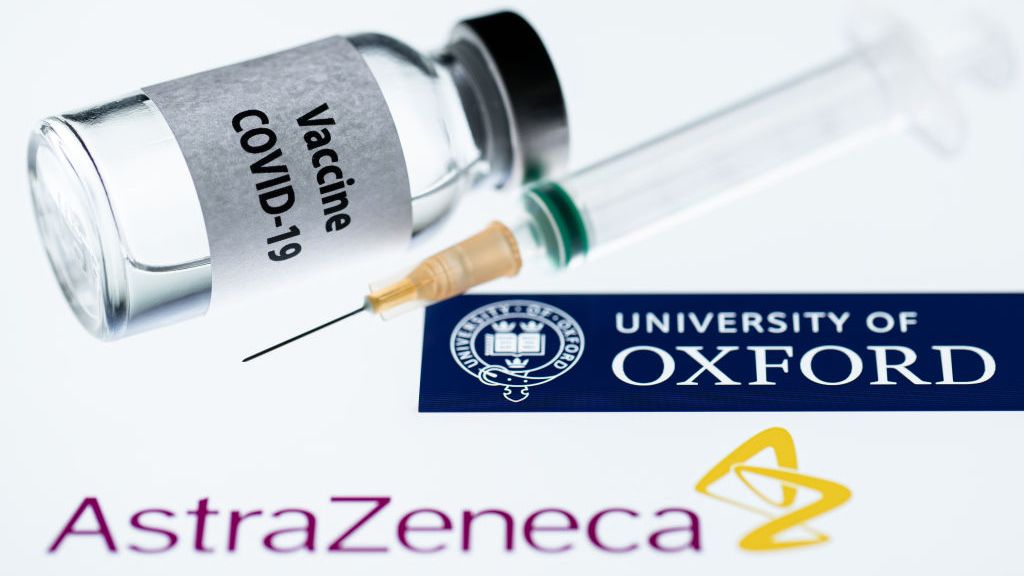IRELAND LOOKS set to ramp up its Covid-19 vaccine plans by establishing 40 mass vaccination centres which will be set up across the country.
The new centres will provide enough capacity for up to 50 people to receive the jab at any one time.
It comes just days after the first doses of the AstraZeneca vaccine arrived in Ireland.
Those jabs are set to be distributed to healthcare workers from today, while doses of the Pfizer and Moderna vaccines will be reserved for those over the age of 70.
The Irish Government was forced to change its approach amid question marks over the efficacy of the AstraZeneca jab for recipients in that particular age group.
It had previously been hoped that over 70s would receive the first doses of the Oxford University-developed vaccine but those plans have since been changed.
Despite this setback HSE chief executive Paul Reid has confirmed plans for the establishment of the 40 new mass vaccination centres.
He said: “We are in parallel working on a plan for bigger vaccination centres all across the country - probably about 40 of those all across the country.
“Some of them being between 30 to 50 lanes with places for vaccination to come of them being between 10 and 20.
“We’ve significant progress made in those deployments all across the country and equally in terms of the workforce that will be needed to do that.
“So we’ve made really good progress about where we will deploy vaccination centres all across the country.”
The plans come despite a study of 2,000 people by South Africa’s University of Witwatersrand findingthe AstraZeneca jab is less effective against the South African variant of Covid-19.
Despite the fact the data showed that the vaccine failed to combat mild or moderate symptoms, none of the test subjects involved were hospitalised or died.
 Getty
GettyAstraZeneca believe that despite the results of the study, the vaccine could be proven effective against severe cases of the virus.
In any case, Dr Cillian De Gascun, Chair of NPHET's Expert Advisory Group, is predicting that booster doses of the Covid-19 vaccine will likely be required in the next few years to combat other variants.
He told Newstalk's On the Record with Gavan Reilly: "The concerns we have about the variants reported in South Africa and in Brazil is that in addition to being more transmissible, they also have additional amino acid changes - regions of the spike protein where we know neutralising antibodies typically bind.
"To put it in simple terms, the concern is that a lot of the vaccines that we are now seeing rolling out - which is fantastic - they would have been developed very early on in the course of the pandemic, probably around say March, April of last year.
"They're using the spike protein that was circulating at that stage. That spike protein has now changed.
"It's something that we'll have to monitor over the coming years with this virus."

